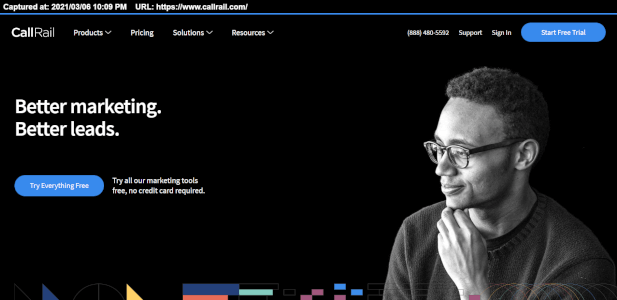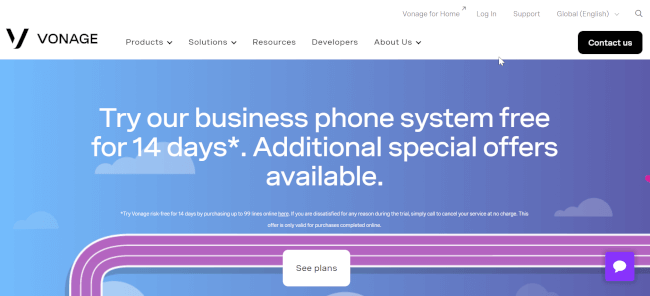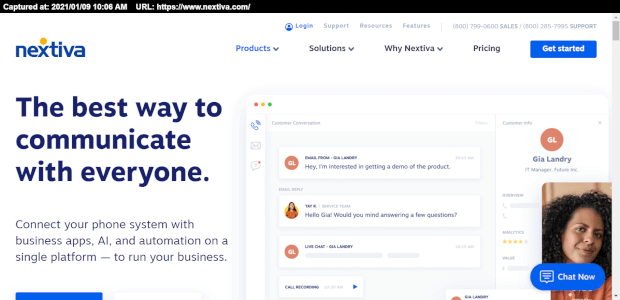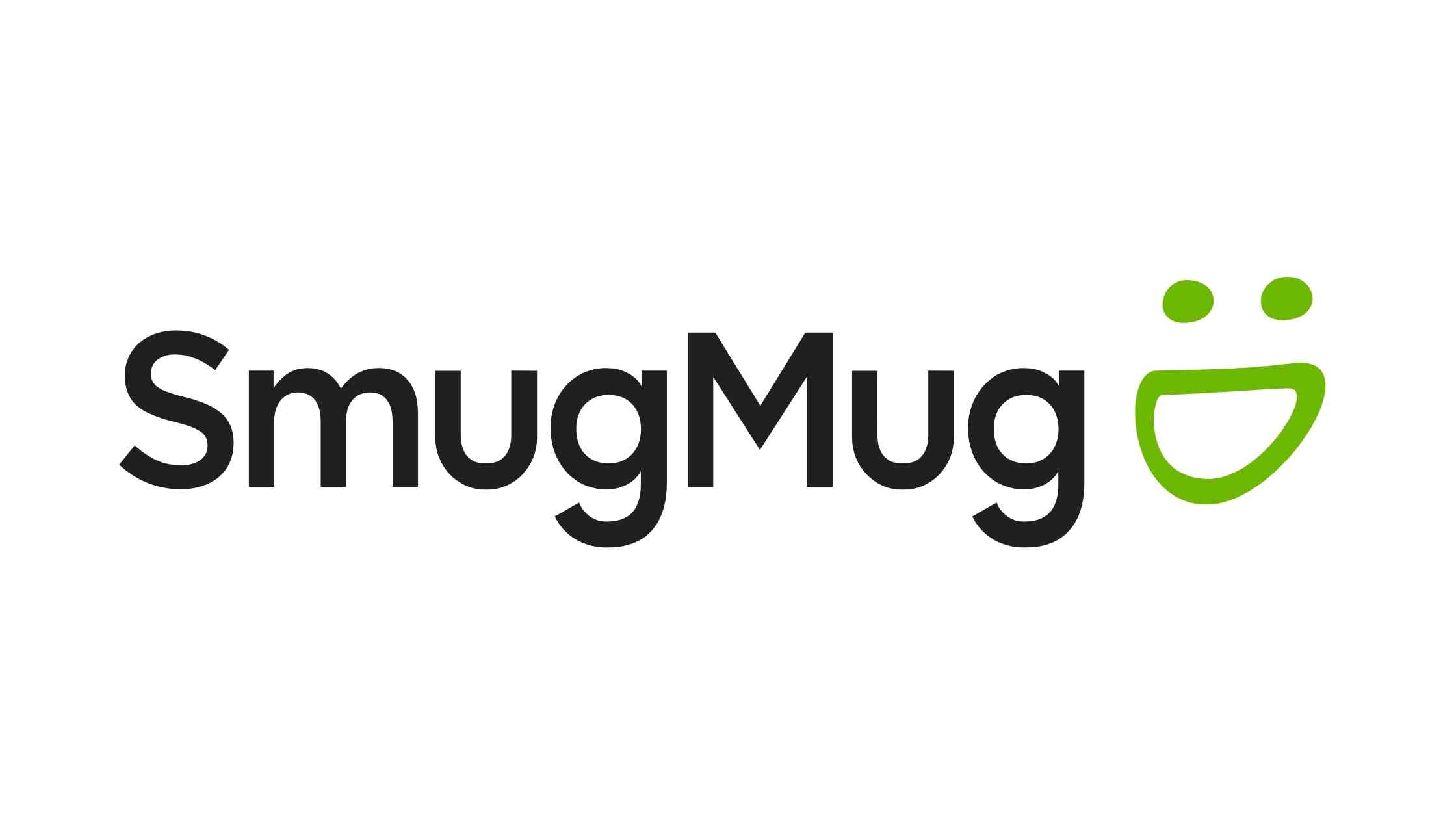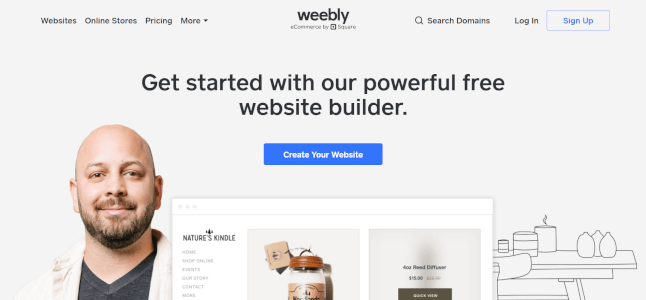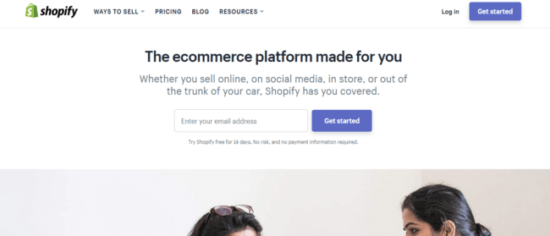Newsletters have developed into a potent tool for connecting with readers in the always-changing...
Latest Posts
24 Best Domo Alternatives For 2024
Domo is becoming more and more well-known as a business intelligence (BI) and data visualization...
13 Best Sisense Alternatives For 2024
Sisense has made a name for itself as a leading business intelligence (BI) platform, empowering...
25 Best Intercom Alternatives For 2024
For many years, the intercom has been the go-to option for companies looking for tools for...
Productivity
25 Best Intercom Alternatives For 2024
For many years, the intercom has been the go-to option for companies looking for tools for...
15 Best Pipedrive Alternatives For 2024
For businesses of all sizes to properly handle leads, track sales, and cultivate client...
30 Top Freshworks Alternatives For 2024
A well-known customer engagement software package called Freshworks aids companies in managing...
18 Top Sendinblue Alternatives For 2024
Businesses looking for an all-in-one marketing platform with email marketing, SMS marketing...








